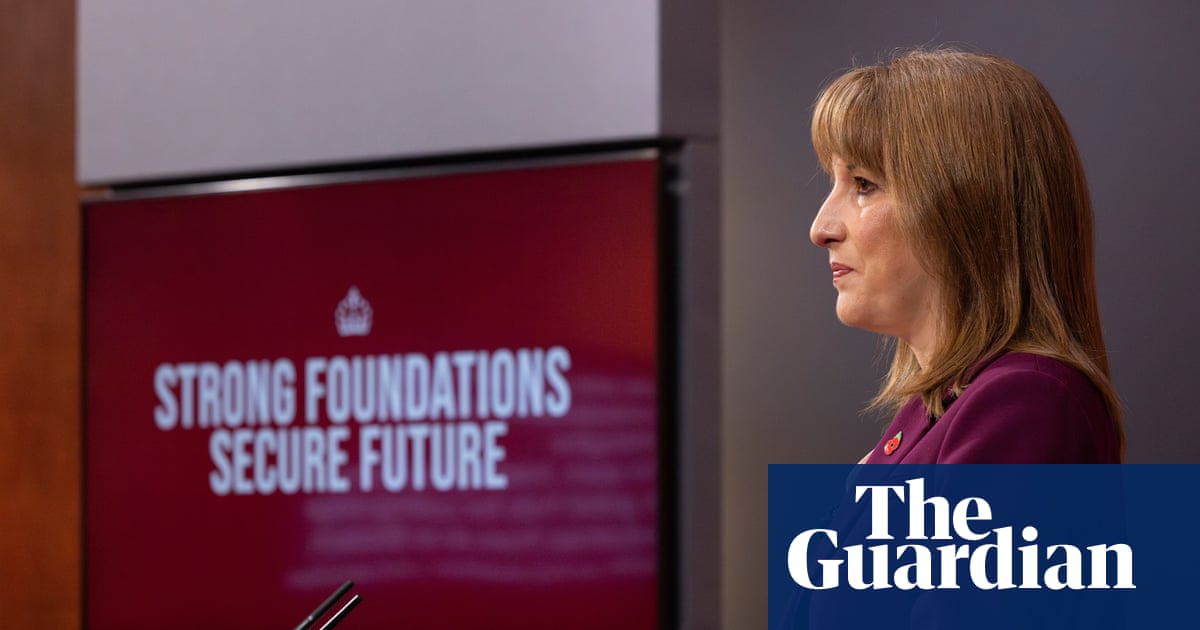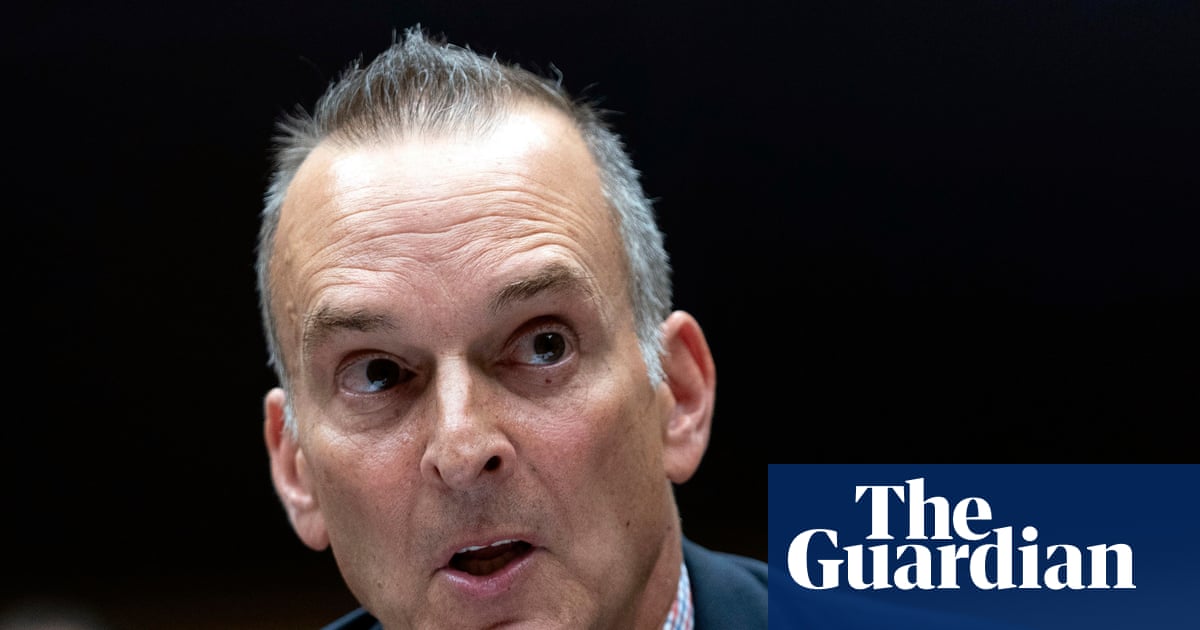The enormous popularity of beauty treatments, including dermatological fillers and Botox injections, is not solely an issue for health regulators. Changing norms and aspirations about appearances, and the way that these are marketed mainly to women and girls, are a cultural and economic phenomenon that requires wider consideration. While attitudes to these procedures and aesthetics vary, many people – including some cosmetic surgeons – are concerned that younger women account for a growing share of a highly lucrative and growing market.
The death last year of 33-year-old Alice Webb in Gloucestershire, after a non-surgical Brazilian butt lift, as well as multiple reports of injuries, and the deaths of at least 28 women who have travelled to Turkey for cosmetic treatments, have increased the pressure on ministers to tighten the law. Wes Streeting’s announcement of new licence requirements for UK businesses, and tighter regulation of higher-risk treatments, is probably overdue. The Chartered Trading Standards Institute recently warned that untrained people have given cosmetic injections in public toilets and hotels.
Altering the law in order to exclude such “rogue operators” ought to make high streets and the internet – where many clinics advertise – safer. Talking about the risks, as the health secretary has been doing, and holding a consultation on proposed changes, may have the beneficial effect of raising awareness even before changes are introduced. But councils will need resources if they are to be expected to enforce new rules by issuing licences, checking premises and so on. As in many other areas of economic activity, the law on its own is unlikely to be enough. Mechanisms are needed to ensure that businesses comply.
It is already illegal to administer Botox or dermal fillers to children in England – although, worryingly, it is still allowed in Wales and Scotland. Mr Streeting’s announcement that rules regarding children will be tightened further is particularly welcome. Strenuous efforts should be made to place them off limits for the industry as a whole. The reported preoccupation of some children with anti-ageing products is not healthy and should be discouraged.
Mr Streeting did not refer to the cost to the NHS if cosmetic procedures go wrong, when announcing plans to tighten the law. But Karin Smyth, one of his ministers, has raised this. And Prof Sir Stephen Powis, who was NHS England’s national medical director until last month, made the same point specifically in relation to butt lifts – the cosmetic procedure with the highest death rate of all.
Ministers should expect pushback even though many experts, including plastic surgeons, favour tighter rules. The pro-growth mood of the Treasury means proposals for new regulations are unlikely to be smiled upon there. The more restrictive approach being proposed for England will also do nothing to prevent surgical tourism and could even increase it, if tighter regulation of the domestic industry results in higher prices. The gap in safeguards that allows foreign cosmetic surgery providers to market directly to the public needs to be addressed separately, which the government has begun to recognise.
There is no single or instant fix. But by cracking down on cowboy operators, ministers will send a message that appearance-altering injections and other invasive treatments must be treated seriously. They are a different order of activity from applying makeup or painting nails.
-
Do you have an opinion on the issues raised in this article? If you would like to submit a response of up to 300 words by email to be considered for publication in our letters section, please click here.

 2 months ago
91
2 months ago
91

















































